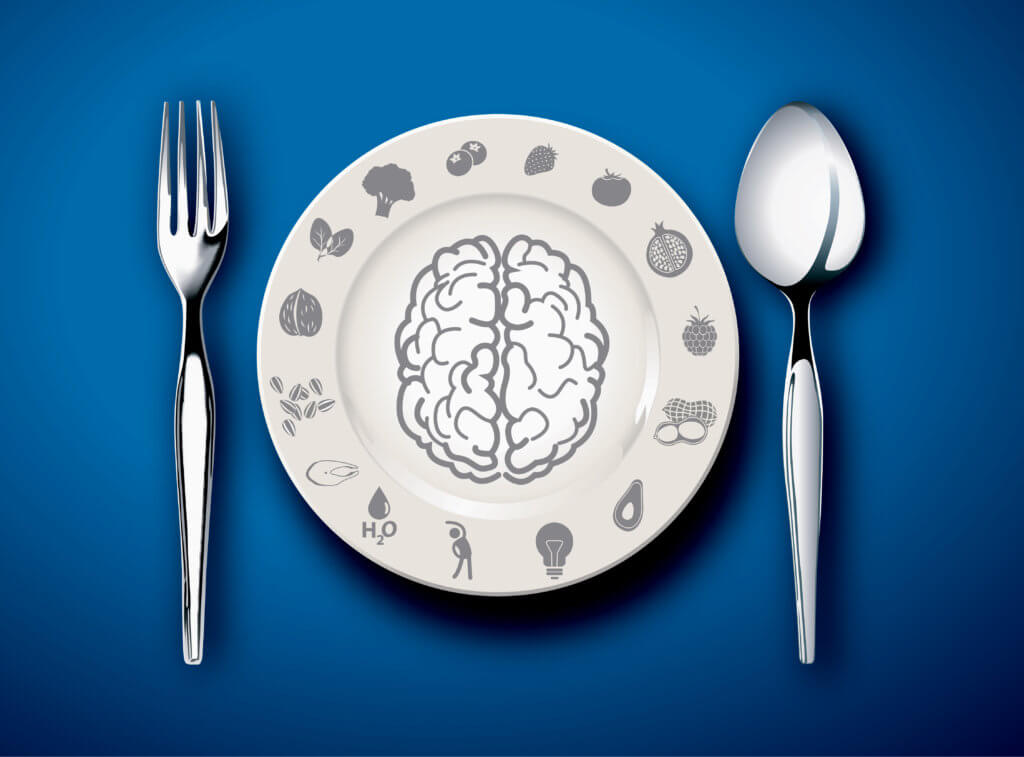Cognitive decline may be highly influenced by age and genetics, but increasing evidence suggests that diet plays a key role too. A new study by the Brigham and Women’s Hospital and other research partners expands on previously published work on the link by incorporating a more diverse set of people.
Scientists demonstrate that certain metabolites, which are products of the body when food is broken down, are associated with cognitive function.
“Our study has huge strengths in expanding the sample size and in adding demographics compared to what previous research has done,” says study co-author Tamar Sofer, director of the Biostatistics Core Program in Sleep Medicine Epidemiology and a member of the Division of Sleep and Circadian Disorders at the Brigham. “It also illustrates that studies that begin by focusing on minorities can give rise to insights that may be beneficial to other populations. We hope our findings will help people in making specific nutritional choices and in improving their cognitive health.”
The original study that this current work builds off of was conducted on elderly Puerto Rican citizens, and found several metabolites that were associated with cognition. Inspired by these findings, Brigham researchers explored metabolite-cognitive function links in 2,222 U.S. Hispanic adults, 1,365 Europeans, and 478 African Americans. To conduct analysis, they applied the Mendelian Randomization (MR) technique to determine causal associations between these two factors. They also separately worked to identify the same between a Mediterranean diet and cognition.
Their results show that six metabolites were markers of cognitive decline across the board. Four were sugars or sugar variants. One metabolite called beta-cryptoxanthin, which was more apparent with fruit consumption, was associated with healthy cognition in the HCHS/SOL. Further, the Mediterranean diet was also associated with increased levels of beta-cryptoxanthin, which may have a positive effect on cognition.
Even better, the diet was negatively associated with the metabolites that are unwanted for cognitive health.
The researchers agree that these findings provide a solid basis for including nutrition in cognitive research to improve clinical outcomes. They also explain that there are some limitations, such as the cross-sectional study design which limited the ability to produce a more concrete conclusion.
For the future, the team hopes researchers assess metabolite-cognitive associations in a more evidence-based manner, going deeper to identify if observed associations truly indicate that diet changes support cognitive health.
This study is published in the journal Alzheimer’s and Dementia.












